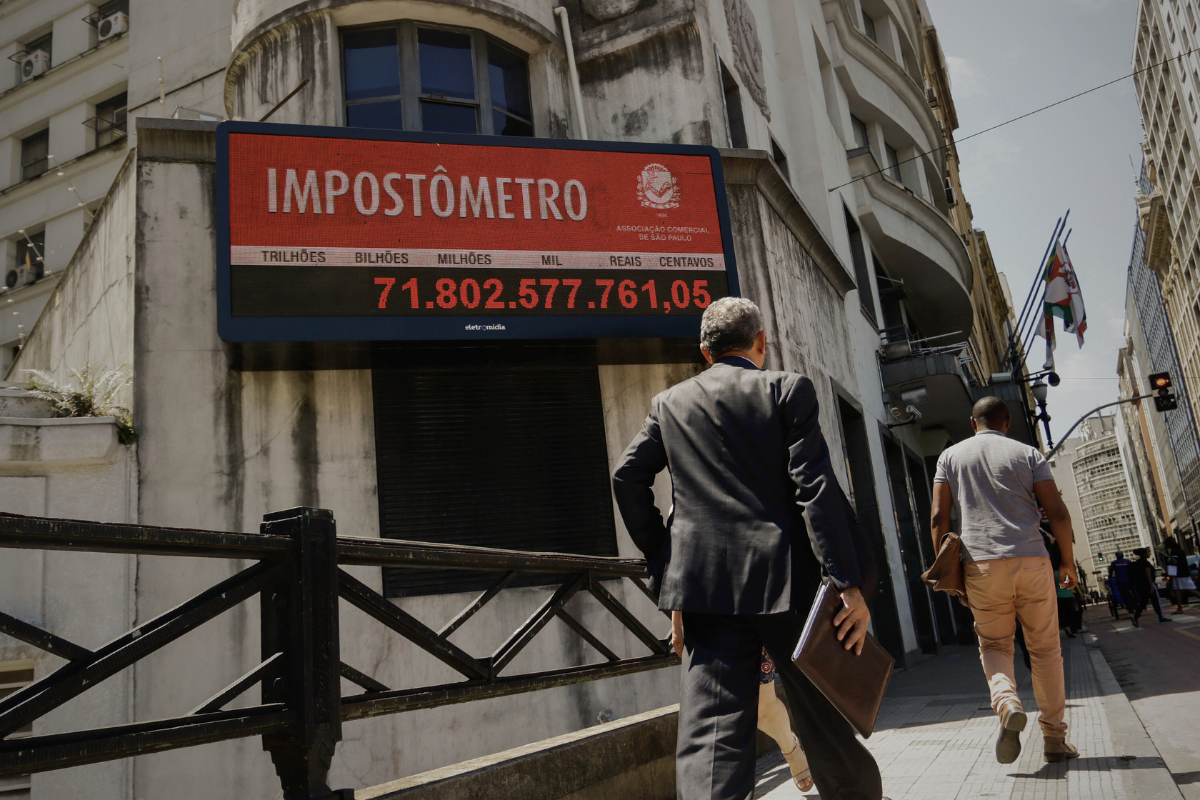For decades, Brazil has debated the need to reform its tax code, which is arguably the world’s most complicated. According to World Bank data, in no other country do companies spend more time complying with tax rules — a staggering 1,500 hours a year. But reform has always been blocked by an array of diverging interests and a string of governments have kicked the tax reform can down the road.
Now, it seems that reform is finally about to become a reality, as the House on Friday approved a constitutional amendment simplifying tax regulations.
The proposal, which has bounced between both congressional chambers since July, will not have to undergo another two-round vote in the Senate. Despite the House slashing parts of the draft senators approved last month, no changes to the core text of the proposal were made.
The approval is a massive win for the Luiz Inácio Lula da Silva administration, which put its political weight behind the proposal — and opened the floodgates of budgetary grants to muster the necessary support in Congress.
Many analysts saw 2023 as a do-or-die moment for the reform. This century, major legislation slashing public spending on social security and pensions always happened in year one of different governments: Lula in 2003, Dilma Rousseff in 2015 (the first year of her second term), and Jair Bolsonaro in 2019 made controversial changes to the pension system.
The tax reform will radically change Brazil’s consumption tax system by consolidating five multi-tiered taxes into two VAT-like levies: one at the federal level (CBS) and one for states and municipalities (IBS). Currently, the state-level ICMS tax on goods and services is by far the most important source of revenue for state governments.
Moreover, the bill will change Brazil’s tax system from an origin-based sales tax to a destination-based sales tax, meaning that taxes will be collected where the buyer is located or where the product is headed rather than where the business is headquartered.
The new VAT-like tax will be determined during the transition period to the new system. Finance...


 Search
Search






































